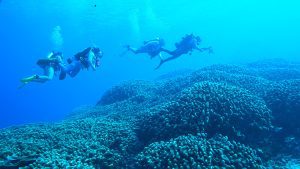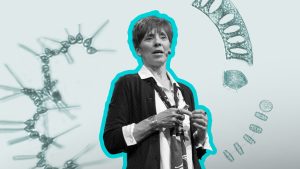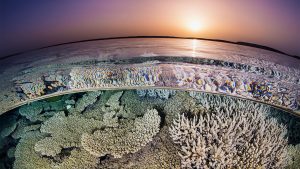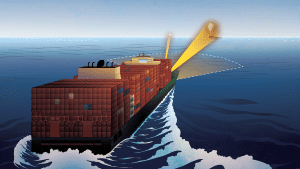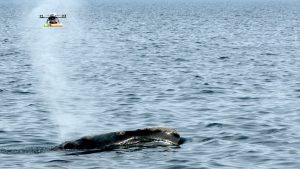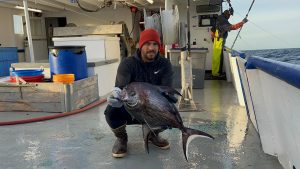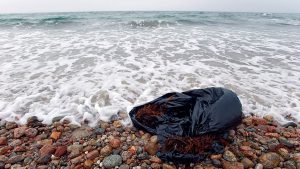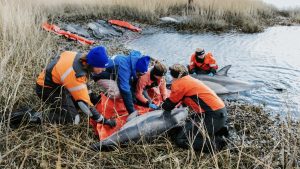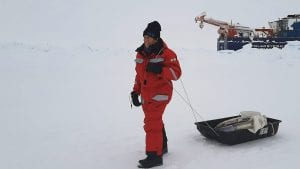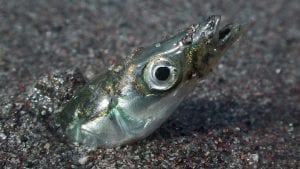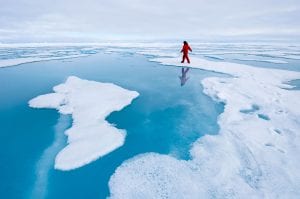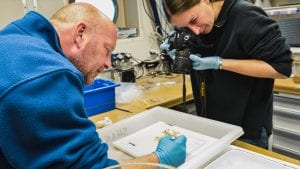Research Highlights
Oceanus Magazine
News Releases
A first of its kind study links drone-collected respiratory microbes with health assessments, offering hope for protecting vulnerable populations
WHOI scientists delve into the elusive fish’s role in the food web
While the impacts of plastic pollution on human health and the environment are growing, the report finds, increasing harm due to plastics is not inevitable.
Filter-feeding whales sample the Arctic food web, tracking decades of change
Differences in brain structure between echolocating and non-echolocating marine mammals offers insight into auditory processing
News & Insights
WHOI biologist Carin Ashjian is aboard the icebreaker Polarstern in the Arctic as part of the year-long MOSAiC research expedition. She should be almost home by now. Instead, her stay has been extended by COVID19.
Oceans of Change WHOI scientists learn how the ocean shapes—and is shaped by—global climate By Madeline Drexler (Photo by Simon Buchou on Unsplash) “THE SEA NEVER CHANGES, AND ITS WORKS, FOR ALL THE TALK OF MEN, ARE WRAPPED IN MYSTERY.”…

